Photo credit: Kassia Photography https://www.instagram.com/kassia.photo
Imposter syndrome has been a bit of a buzzword in mental health conversations for quite some time now. We’ve all heard the term (and many of us have experienced it), but few know what it means. When a person has Imposter Syndrome, they feel like they don’t deserve what they’ve earned. A person with Imposter Syndrome might feel like a fraud even though there are outside indications that this isn’t true.
What is Imposter Syndrome?
Imposter Syndrome can manifest in many. Women are particularly susceptible to Imposter Syndrome. This disorder can start off harmless. You might find yourself saying things like ‘I’m just lucky’ when you’ve received some kind of award. Eventually that can spiral into you thinking that someone else should have gotten it because they deserved it more for one reason or another. Imposter Syndrome thrives when we don’t recognize our own accomplishments.
Many people don’t consider Imposter Syndrome to be a big deal. While it might start off unassuming, Imposter Syndrome can quickly spiral into anxiety and depression. These feelings can even keep you from doing the things you love because you don’t feel like you’re good enough at them. This includes working out.
How can Imposter Syndrome Affect Your Workout and Wellness Routine?
Conversations about Imposter Syndrome are usually saved for the workplace and school. This kind of thinking is dangerous because it can just as easily affect other parts of your life, like your fitness routine. Imposter Syndrome in fitness has become even more challenging with the emergence of social media. Social pressures can make a person feel like there's only one way to be fit, even if their body is physically unable to reach that goal.
Let's consider the six-pack abs that we see in pictures and movies. In order to have a perfectly sculpted six-pack stomach like you see on Thor, you would need to be severely dehydrated. You can have good muscle tone, a strong core and even a six-pack and be healthy, but that isn’t what you’re likely to see on Instagram. The muscle tone that you see in movies is carefully curated through lighting, make up, poses and extreme modifications to diet, exercise and hydration. In short, it’s not a sustainable goal for most people.
Imposter Syndrome tells us that looking like a fitness model is the only way to be fit. This can lead to people being uncomfortable in their exercise routine and refusing to celebrate the gains they make. This can very quickly foster a feeling of self-loathing and a negative relationship with your wellness routine.
What are the risks when you don't fix Imposter Syndrome in your wellness routine?
People wrongly assume that people with Imposter Syndrome are just ‘whining.’ A person might even look at this article and disagree when they read that not everyone can have the muscle tone of a superhero. They might say that the person just needs to work ‘harder.’ That is the very reason Imposter Syndrome thrives so well in fitness culture.
This negative assumption about a very real disorder makes it difficult for people to find their way out of these negative thought patterns. This will often end in people feeling defeatist about their fitness journey. The ultimate goal of any fitness and wellness routine is to make you feel better about yourself, if it’s not doing that, then some soul searching is important.
When someone experiences Imposter Syndrome, giving up looks like the right choice. They feel like since they won’t be able to achieve an unattainable goal, they should just give up. These thoughts are the real cost of Imposter Syndrome in fitness.
What can you do to combat Imposter Syndrome?
Imposter syndrome can affect anyone without them even realizing. That being said, It is something anyone can get past and break through these limiting thought patterns. Here’s our top 7 action steps to take to curb the Imposter Syndrome voice in your head.

Stop the Self Doubt and Get More from Your Workout
-
Seek out expert advice.
The biggest thing you can do to avoid feeling like you aren’t ‘really working out’ is to do some research and visit a nutritionist or personal trainer. Talking with a person educated in their field can help decide what kind of goals are realistic. Having a second, informed opinion can help you avoid the trap of thinking that you just aren’t working hard enough. The more informed people you can talk to will help give you a better perspective. -
Talk to HERC’S.
If you’re close to a HERC’s store location, don’t be afraid to visit and talk to an associate. They are happy to share their own fitness journeys and provide insight into keeping a healthy approach to a workout regime. -
Take a social break
Consider filtering your social media feeds when it comes to fitness. If you are a working mom with two kids, your fitness routine should not be the same as a professional bodybuilder who lifts for a living. Follow people that have similar goals and a similar lifestyle. -
Avoid toxic fitness culture
Surround yourself with people who understand that everyone’s fitness journey is unique. Pushing through it can be healthy, but not if it’s extreme. You should be pushing yourself to do better. You shouldn’t be pushing yourself so hard that you don’t have the time or energy to dedicate to the other things that are important to you. Finding balance is important in everything and your fitness journey is no different. -
Mix up your workout
Try taking a virtual dance class or give virtual yoga a try. The change will be good for your outlook and offer a different perspective. -
Practice positive self-talk.
Be more aware of the things you say to yourself. Imposter Syndrome is a habit that requires some re-wiring of your brain. My being conscious of when you’re being unkind to yourself, you can help stop your brain from going this familiar route. -
Keep a positivity journal.
At the end of each day push yourself to write down at least two positive things that you did during that day. Keep it as a list on your phone so you’ll be able to do it without much commitment required. The practice will help change the language your brain uses about yourself.



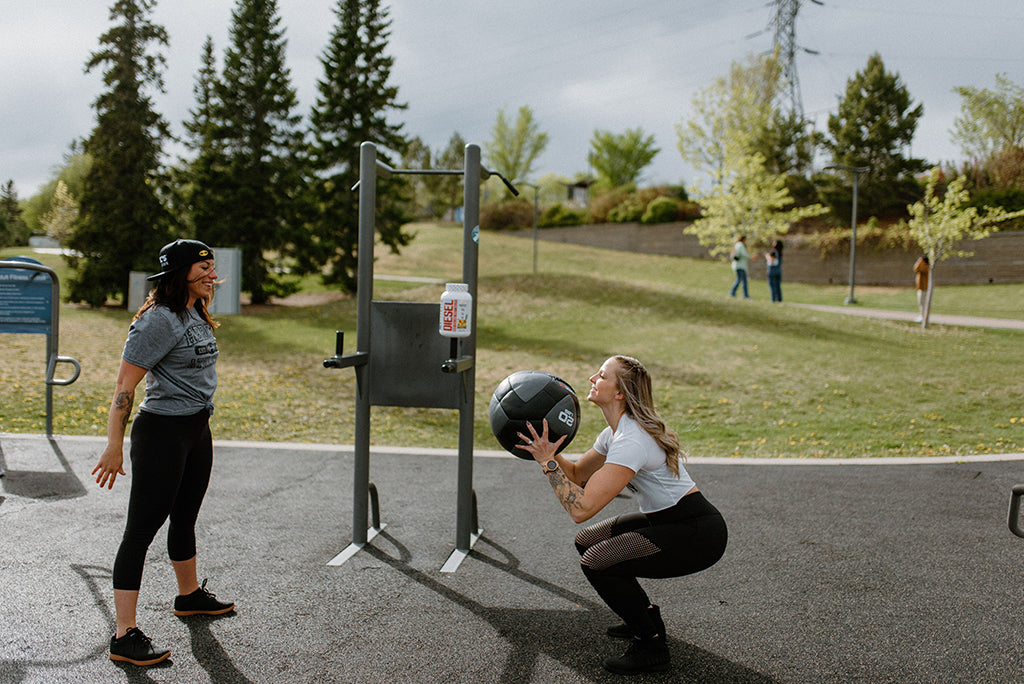
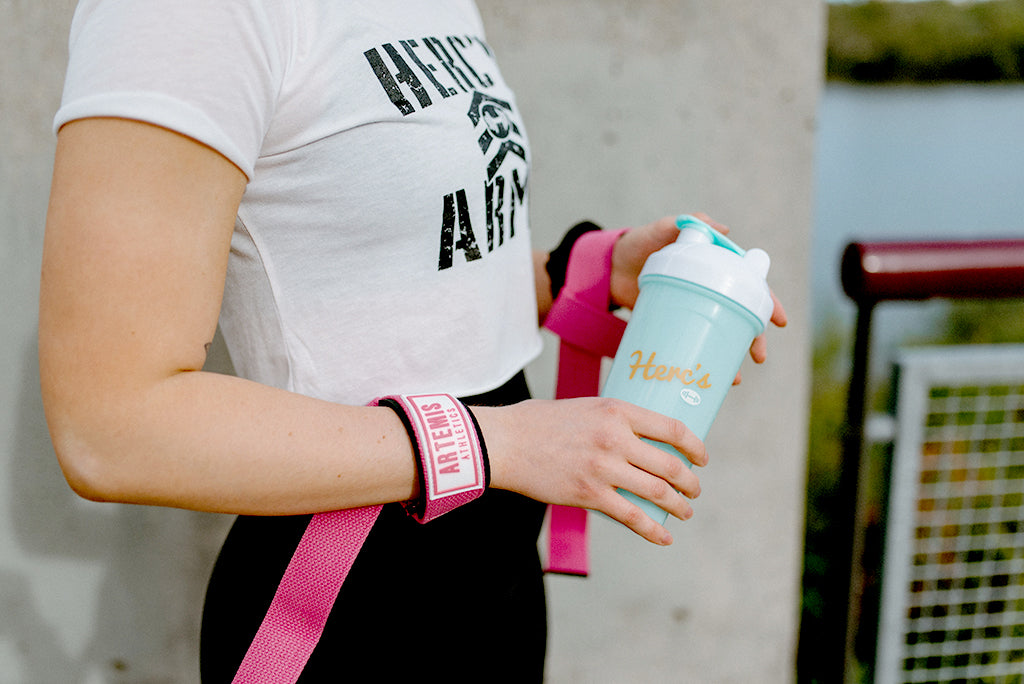
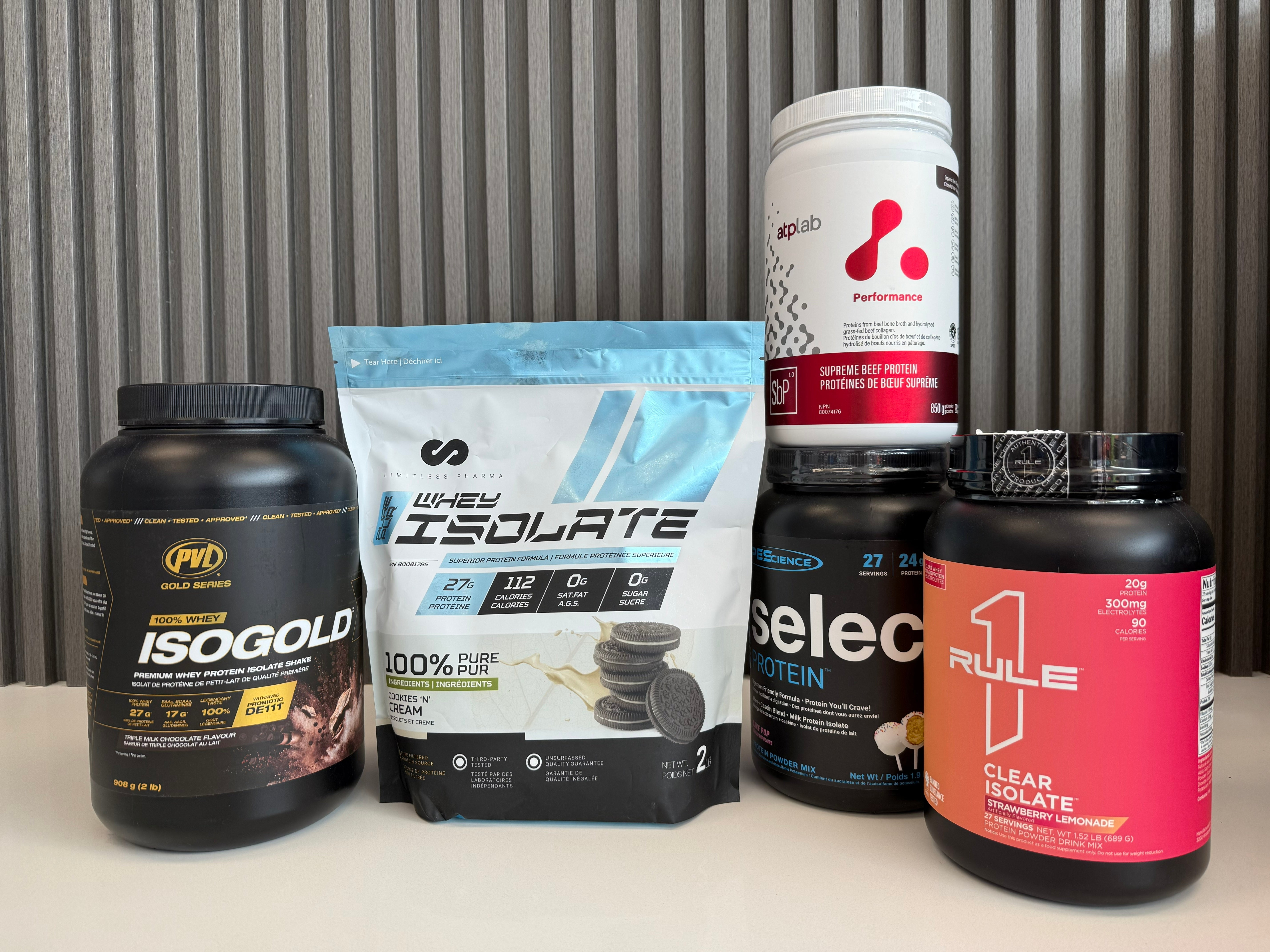
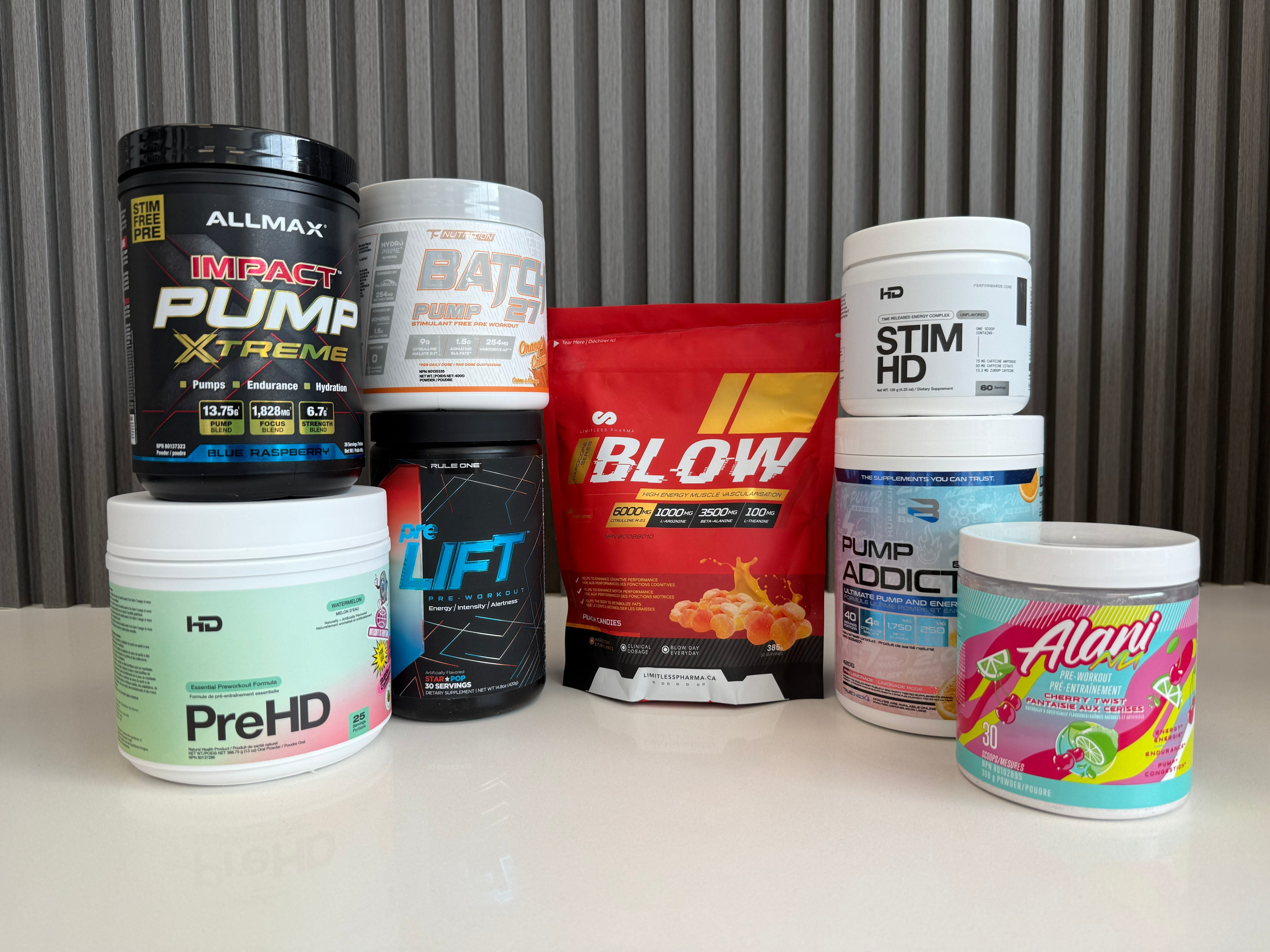
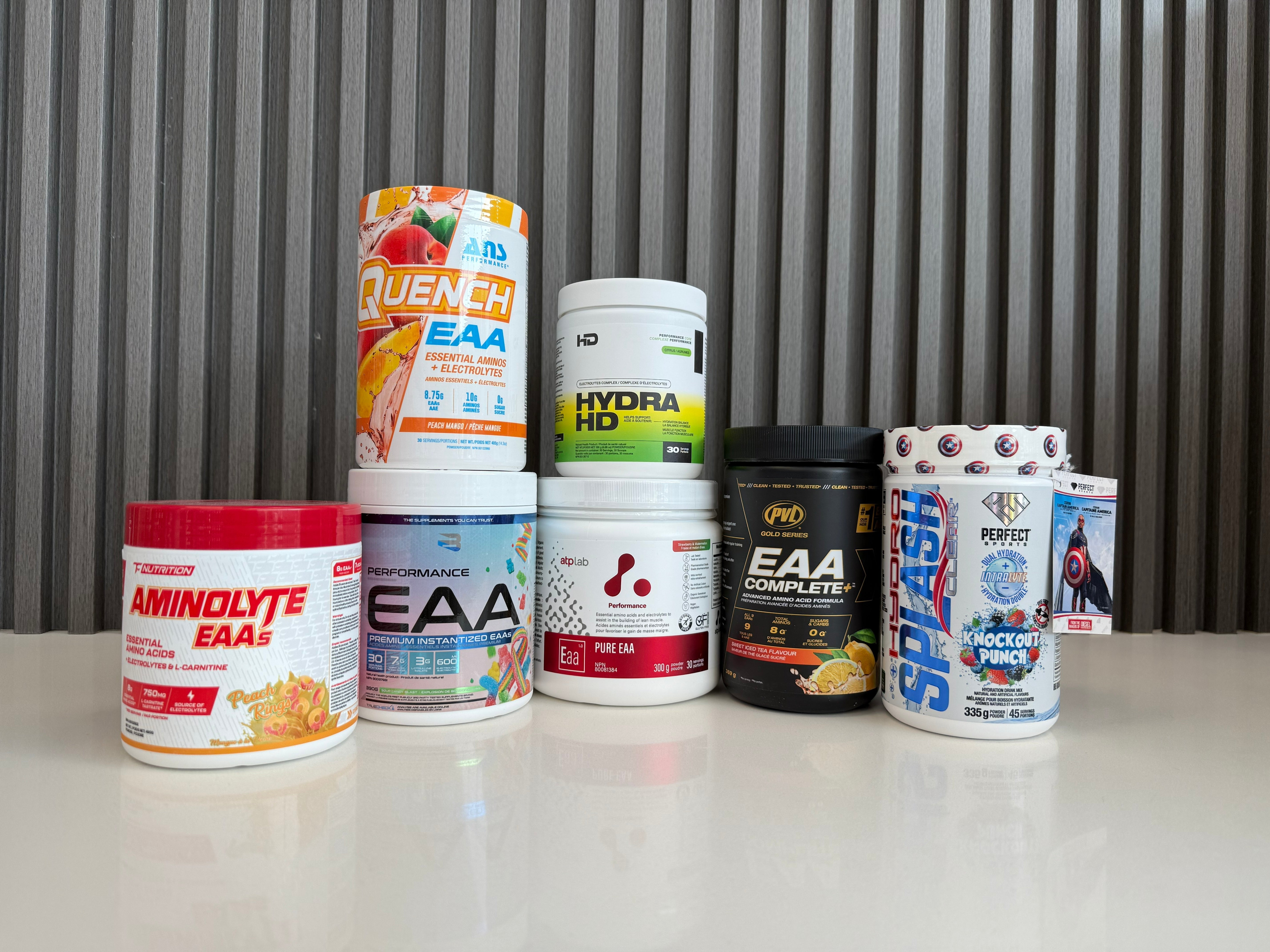
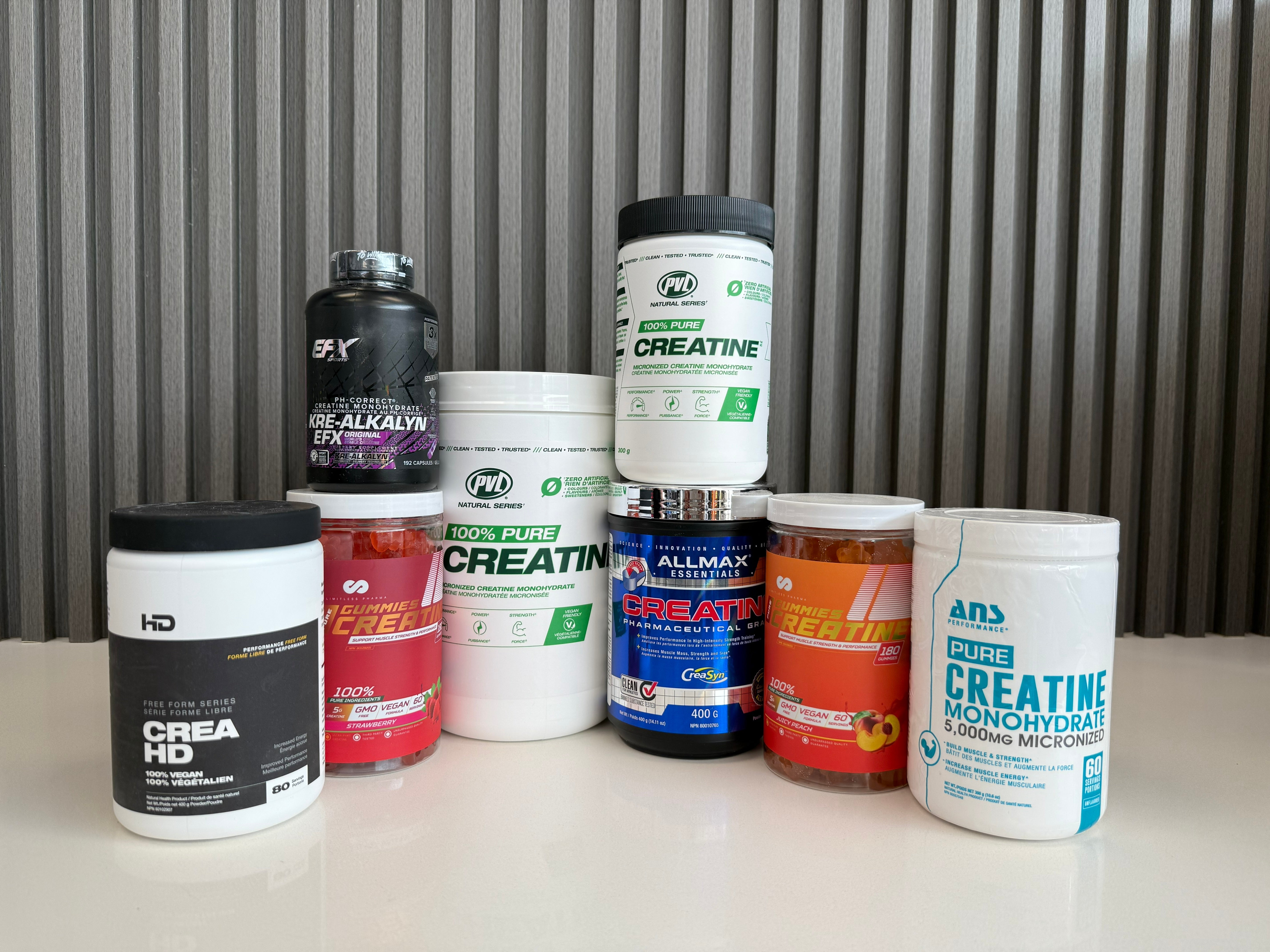

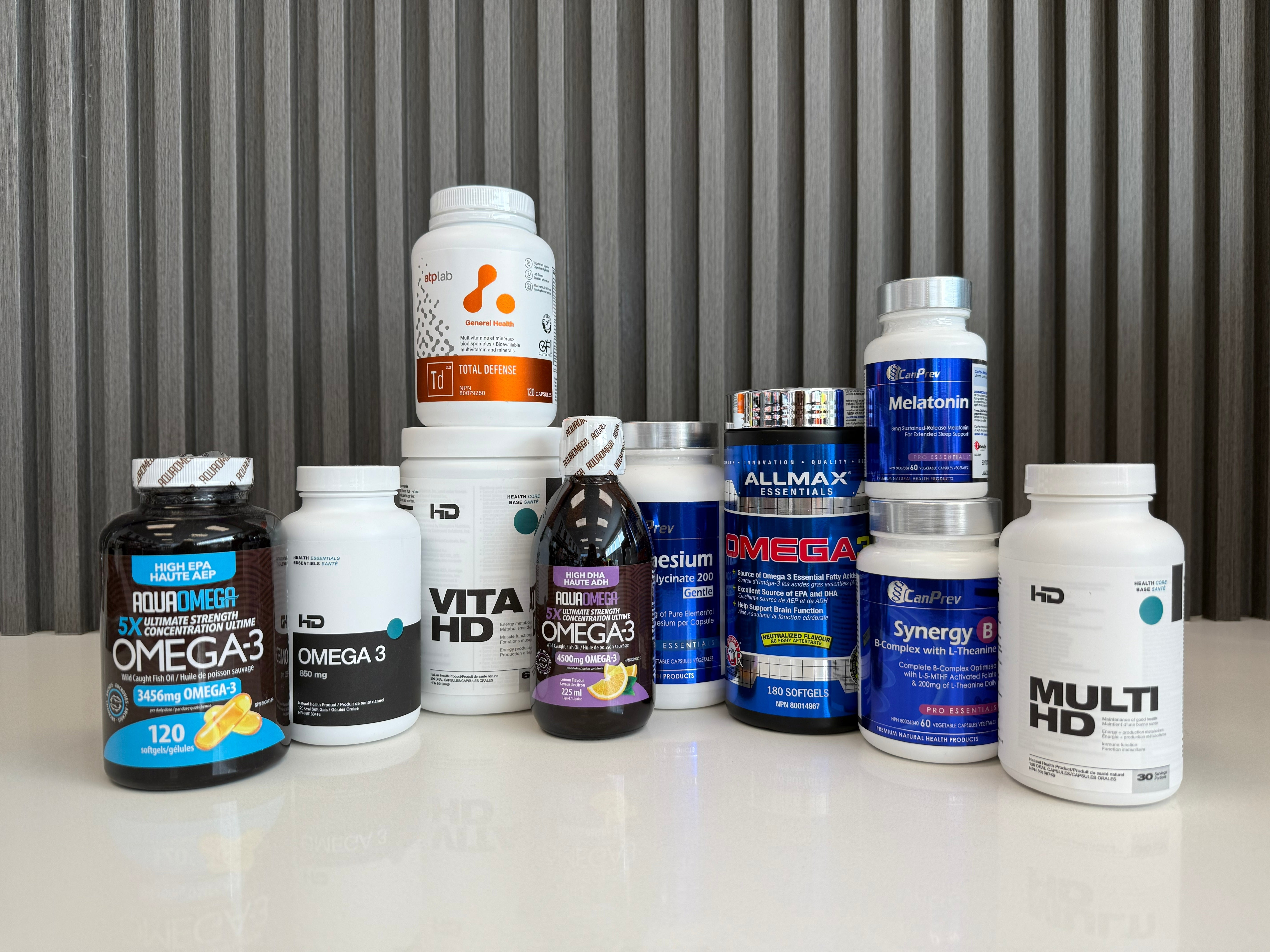
Leave a comment
All comments are moderated before being published.
This site is protected by hCaptcha and the hCaptcha Privacy Policy and Terms of Service apply.